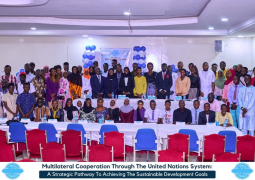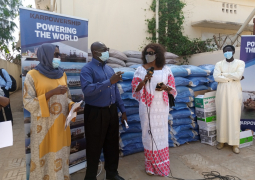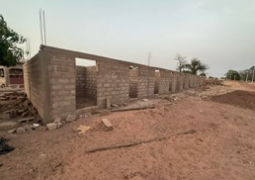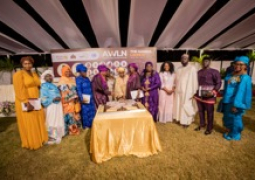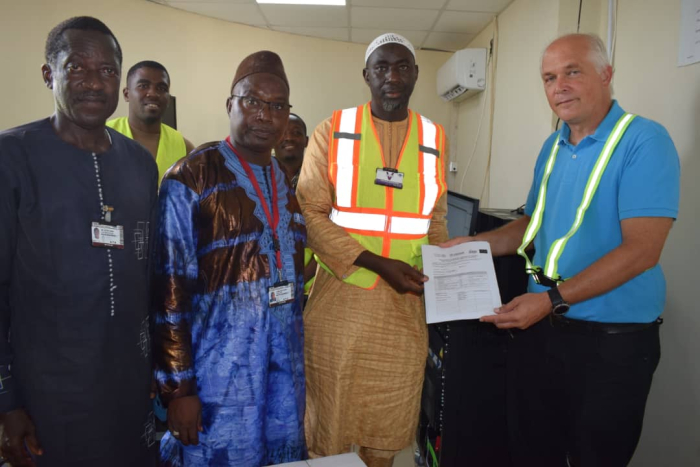
The ClimSA programme which is funded by the European Union, is being implemented in the Regional Economic Communities with the aim of improving the capacity of National Meteorological Services (NMS) in Member States with a view to developing and providing customised, timely and science-based weather and climate information services for decision-making.
To achieve this, the AU Commission with financial support from the European Union, has contracted the Swiss-based company Tecnavia SA as a service provider to supply and install the meteorological infrastructure (PUMA stations) and the climate infrastructure (ClimSA stations) for the NMS, the Regional Climate Centres and the Training Centres.
The supply and installation of the PUMA Stations are critical for National Meteorological Services in Africa in order to continue receiving Meteosat Third Generation (MTG) model data and weather satellite imagery with new added functionalities for disaster risk reduction, food security and resilience-building, air quality monitoring, among others.
ClimSA Stations will also support the production of customised climate information for climate-resilient development sectors such as agriculture and food security, disaster risk reduction, energy, health, infrastructure, and water among others.
Buba Sanyang, the permanent secretary at the Ministry of Fisheries who was speaking at an event held at the Banjul International Airport, applauded the African Union and its partners for the support given to The Gambia.
The support, he went on, will go a long way in equipping the country’s meteorology unit, saying: “Data is important because it helps in analysis. Again, the beauty about the project is the fact that it involved all stakeholders who share data in the region.”
PS Sanyang urged officials at the meteorology unit to ensure that the equipment is properly taken care of, so that even after the warranty they can continue to use the equipment without much problems.


